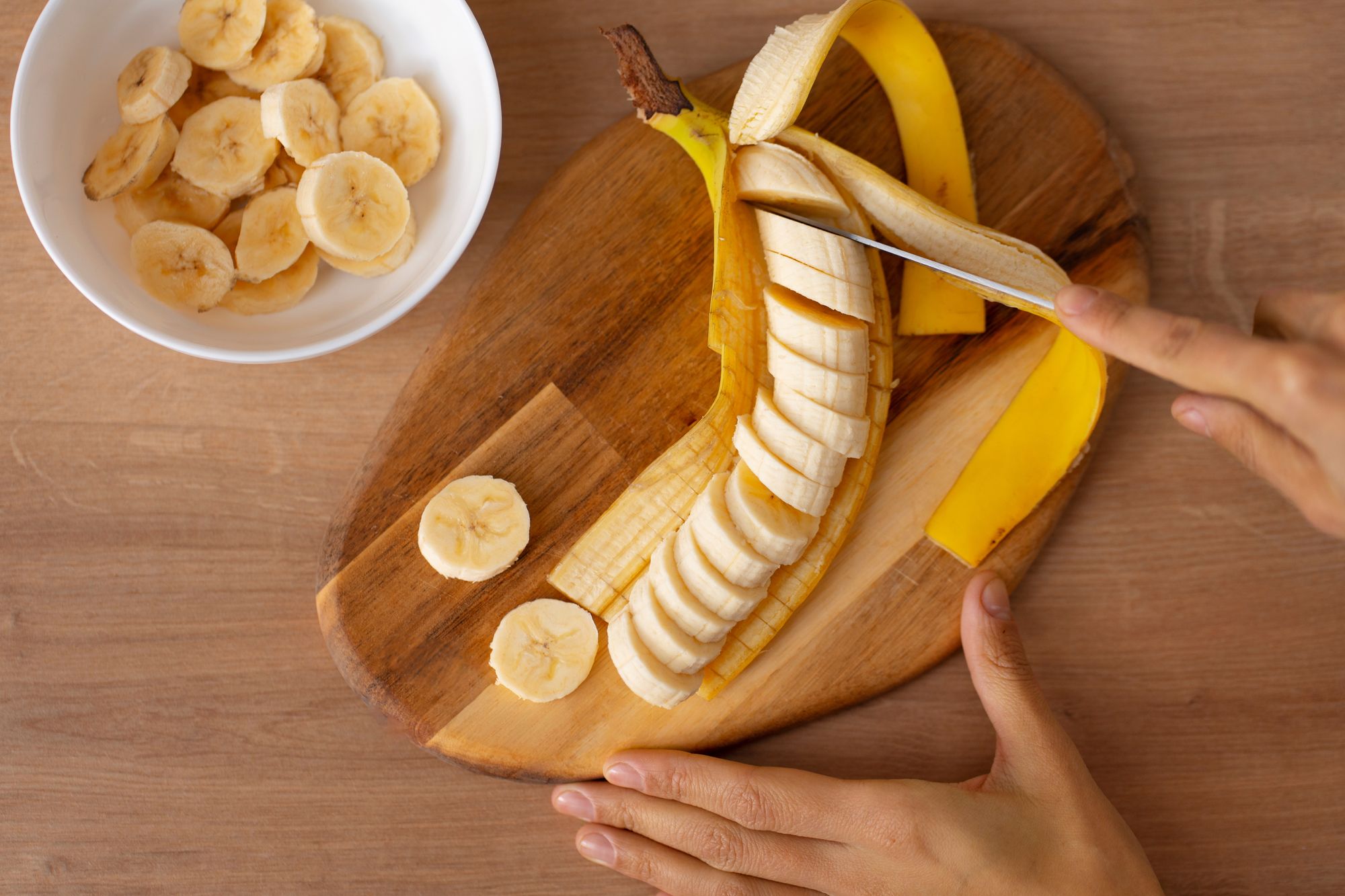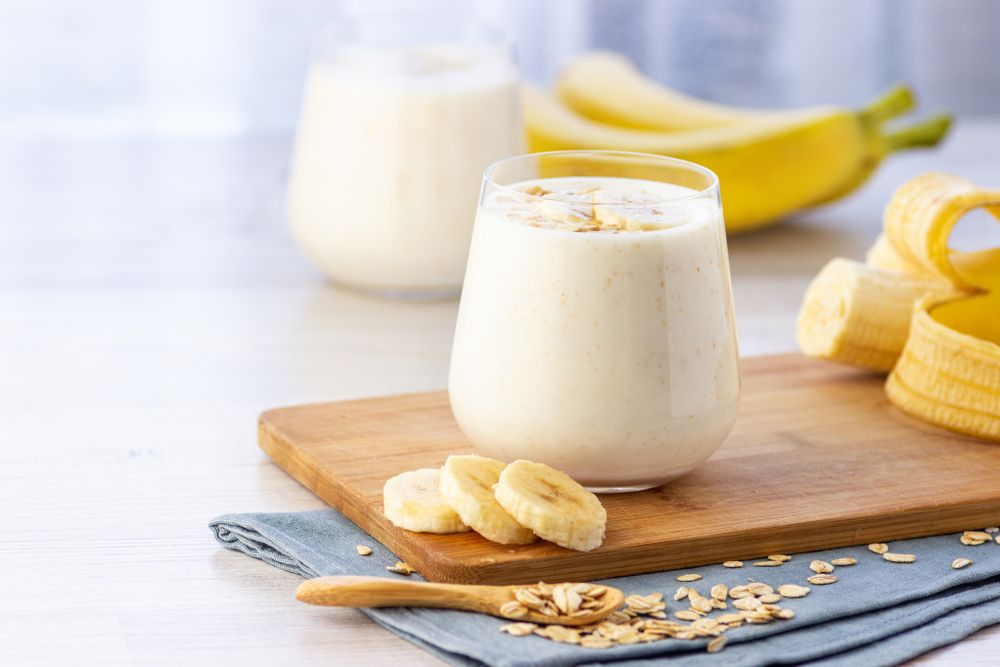When embarking on a weight loss journey, reassessing your dietary habits is a crucial first step. Adopting a diet rich in fresh fruits and vegetables is scientifically supported for aiding weight loss. However, losing weight isn't just about what you eat; it's also about maintaining a calorie deficit, where you burn more calories than you consume. While tracking calories might seem daunting, it's quite manageable with the right guidance. For example, understanding the calorie content of common foods like bananas can be helpful. We've consulted with a nutritional expert to provide precise information on the caloric content of bananas, and to explain why this delicious fruit can be an effective component of a weight loss diet.
How Many Calories Are in a Banana?

A ripe or slightly ripe banana contains 113 calories and is packed with essential minerals like magnesium (32 mg), phosphorus (25 mg), and potassium (375 mg), as well as fiber (2 g), making it a valuable part of any nutritious diet. "Bananas are a nutrient-rich fruit offering numerous health benefits," says Melissa Mitri, MS, RD, a nutrition writer and the founder of Melissa Mitri Nutrition. "Many mistakenly believe they are too high in carbs, but this is a misconception. The carbohydrates in bananas provide quick and efficient energy, ideal before exercising, and their dietary fiber content helps regulate blood sugar levels. The carbohydrates and natural sugars in bananas are exactly what our bodies need for energy."
Mitri also highlights that bananas are an excellent source of potassium, which is vital for maintaining healthy blood pressure levels and supporting heart health. Additionally, they provide other essential vitamins and minerals, including vitamin C, B vitamins, and magnesium.
How Does Eating Bananas Help You Lose Weight?
Bananas are a great source of dietary fiber, which is key for successful weight loss as it helps keep you full and reduces the likelihood of unhealthy snacking. "Bananas are also relatively low in calories, which makes them a suitable choice for a calorie-restricted diet," adds Melissa Mitri. Including a banana in your diet can be beneficial whether you eat it with breakfast, before a workout, or as a snack. "Consuming one in the morning can boost the fiber content and satiety of your breakfast, helping you feel full throughout the day," Mitri explains. "Eating a banana before exercising provides a quick source of energy, optimizing your workout and calorie-burning capabilities. Additionally, bananas are a convenient, fiber-rich snack that you can easily take with you wherever you go.

